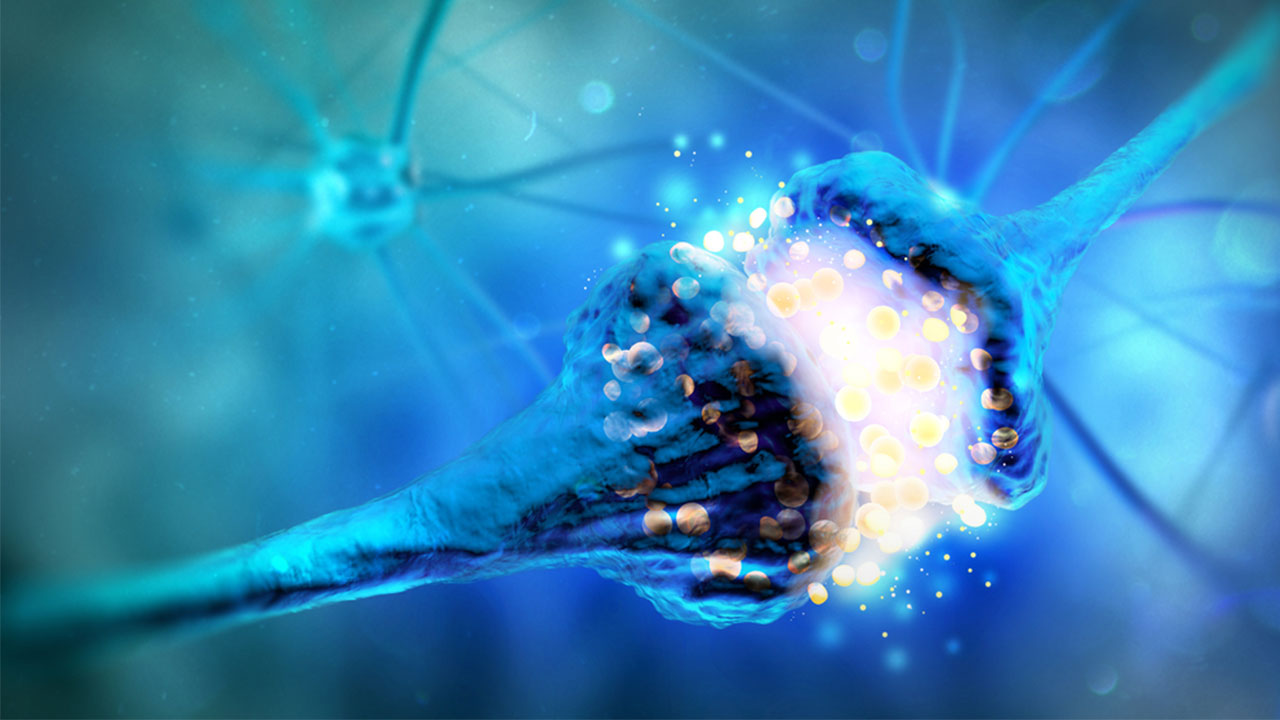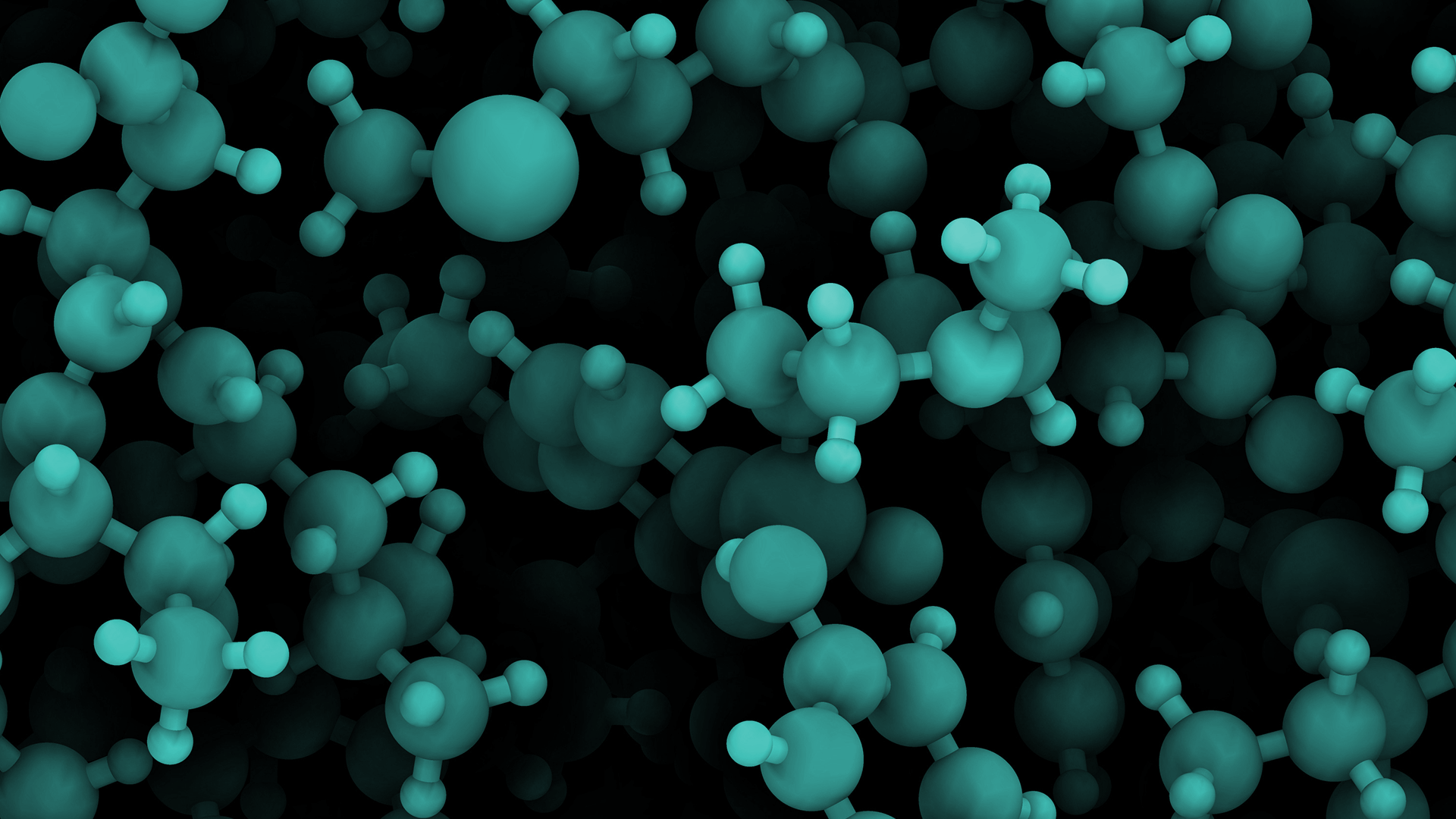Amino Acids for Insomnia: What Causes Those Restless Nights and Tips for Sweet Sleep
 By: by Amino Science
By: by Amino Science

If you’re like many other adults, you’ve spent more than one night tossing and turning with sleeplessness. According to the American Sleep Association, 30% of American adults have occasional insomnia, while 10% have chronic insomnia. Although many of us think that insomnia is just a side effect of modern life, poor sleep can lead to a number of health conditions, including heart disease, colon cancer, obesity, diabetes, stroke, and dementia. Thankfully, however, amino acids may be all you need to get the restful sleep you’ve been craving. So if you’re curious to learn how amino acids for insomnia can help you get a good night’s sleep, you've come to the right place.
What Causes Insomnia?
Insomnia is the most common sleep disorder in the United States. While many people experience occasional episodes of acute insomnia, which may last days or weeks, some deal with chronic insomnia, which may last for a month or more.
Whether acute or chronic, insomnia can be caused by a number of different factors, from an imbalance in brain chemicals to other sleep disorders, such as sleep apnea. In addition, conditions like anxiety and depression as well as lifestyle factors, such as watching television before bed, using stimulants like nicotine or caffeine, or sleeping in a room that’s too hot or cold, can all cause insomnia.
Additional factors that can increase your risk of insomnia include:
- Stress: When you’re under stress, it can be difficult to fall asleep and stay asleep. Moreover, the release of stress hormones can make it difficult to reach restorative deep sleep, which can leave you feeling even more stressed when you wake up.
- Poor sleep habits: Napping, getting into bed at a different time each day, and using your bed for working, eating, or computer or cell phone activity can all lead to insomnia.
- Eating before bed: Eating a large meal before bed can make you feel too uncomfortable to fall asleep or cause acid reflux, which can lead to insomnia. Likewise, eating high-carbohydrate foods can cause a quick surge of energy when you need to be winding down. So if you eat anything before bed, it should be a light, protein-rich snack that stabilizes your blood sugar and doesn’t fill you up.
- Sleep pattern disruptions: Disturbances to your circadian rhythm, or sleep-wake cycle, caused by odd work schedules or travel that takes you across time zones can lead to insomnia.
- Medical conditions: Health problems like chronic pain, cancer, diabetes, heart disease, and asthma can all lead to symptoms of insomnia.
- Medications: Certain medications, such as antidepressants, medications for asthma and high blood pressure, and over-the-counter cold and allergy medications that contain stimulants, may lead to insomnia.
Many people with insomnia rely on sleeping pills to fall asleep. However, these types of medications can have negative side effects, including daytime grogginess and an increased risk of falling. And getting into the habit of using conventional sleep aids to get to sleep every night brings with it a very real risk of addiction, which can make insomnia even worse.
However, supplying the body with the nutrients it requires can support a healthy sleep-wake cycle and help you get the better sleep you need.
Amino Acids for Insomnia
Amino acids are known as the building blocks of life because we must have them to create the proteins our bodies use for almost every biological process. And some amino acids have been found to be especially effective at creating the conditions necessary for healthy sleep. These are:
- Gamma-aminobutyric acid (GABA)
- L-theanine
- L-tryptophan
- Glycine
GABA
GABA is an amino acid that also acts as the primary inhibitory neurotransmitter of the central nervous system. This inhibitory action means that GABA is helpful in aiding relaxation and shortening the time it takes to fall asleep. In fact, a 2008 study found that levels of GABA are approximately 30% lower in people with insomnia.
In addition, a study from 2010 demonstrated that a combination of GABA and 5-hydroxytryptophan (5-HTP)—an amino acid that acts as a precursor of serotonin, a neurotransmitter that plays a role in both mood and sleep—can reduce the time it takes to fall asleep and increase both sleep quality and the amount of sleep achieved.
And if you’re interested in raising levels of GABA on your own, try exercising. A 2013 study found that vigorous exercise leads to increased levels of GABA, which helps explain why exercise is known to improve sleep.
L-Theanine
L-theanine is an amino acid that was first discovered in green tea in 1949. Like all amino acids, L-theanine works in concert with other amino acids, and it’s known to increase levels of GABA—as well as the neurotransmitters serotonin and dopamine. A 2019 study found that a combination of GABA and L-theanine works better than either alone to reduce sleep latency and improve duration of sleep. In addition, GABA and L-theanine were found to significantly increase both rapid eye movement (REM) and non-REM sleep.
L-Tryptophan
Like 5-HTP, the amino acid L-tryptophan also functions as a precursor of serotonin. Moreover, L-tryptophan is converted in the body into 5-HTP, which is then converted into serotonin. Interestingly, studies have shown that 5-HTP crosses the blood-brain barrier at a higher rate than L-tryptophan and may be even more effective as a dietary supplement.
Part of serotonin’s role in sleep has to do with the fact that it acts as a precursor of melatonin—the hormone that helps regulate your sleep-wake cycle. When levels of both serotonin and melatonin are low, sleep suffers. By increasing levels of serotonin in the brain, amino acids like 5-HTP and tryptophan help increase feelings of well-being and regulate sleep.
Studies have also shown that L-tryptophan can induce a state of subjective sleepiness and decrease the time it takes to fall asleep. And a study from 2018 found that L-tryptophan is not only helpful for sleep but can also aid conditions as diverse as autism, heart disease, chronic kidney disease, depression, inflammatory bowel disease, and multiple sclerosis.
Glycine
Like GABA, glycine acts as an inhibitory neurotransmitter and plays a role in promoting sleep. However, glycine has the added benefit of lowering body temperature, which makes falling and staying asleep easier.
In addition, a 2012 study found that glycine can significantly reduce fatigue and sleepiness in people experiencing sleep deprivation. Moreover, similar to 5-HTP and L-tryptophan, glycine helps increase serotonin levels and correct circadian rhythm disorders.
If you’re suffering from insomnia and interested in avoiding the potential side effects and risks inherent in pharmaceutical approaches and would like to begin a program of amino acid supplementation instead, it’s important to be aware that amino acids work best when used as part of a balanced formula that contains all essential amino acids.
So be sure to look for a supplement that provides a balanced supply of all essential amino acids while also emphasizing amino acids for insomnia. In this way, you’ll be providing your brain with the fuel it needs to create the perfect conditions for optimal sleep. You can learn more about Amino Co's balanced amino acid supplements here.
It’s also a good idea to remember that insomnia may be a sign of a more serious medical condition, so if your symptoms get worse or don't improve, speak with your health care provider about additional treatment options.


Up to 25% off Amino
Shop NowTAGS: benefits
Join the Community
Comments (0)
Most Craveable Recipes




 833-264-6620
833-264-6620



















